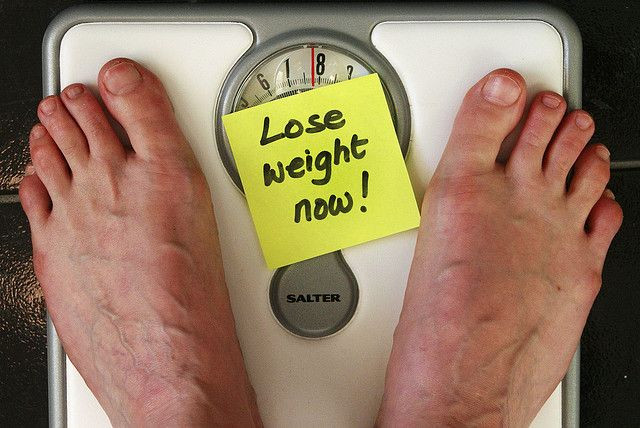Low-Calorie Diets Found To Treat Psoriasis In Overweight Patients

While 65 percent of the world's population is obese, and only 2 percent of the population has psoriasis, the few people who have both have very serious health risks. However, a new study has indicated that weight loss in overweight patients can be an effective way to lessen the effects of psoriasis.
Psoriasis is an autoimmune disorder that speeds up the growth of skin cells. It is classified specifically as autoimmune because while the disease encourages cells growth, the body begins to attack those cells even though they are not harmful, resulting in irritated patches or inflamed lesions on the skin's surface. What's more, the ailment cannot be prevented, as all individuals with it are genetically disposed.
There are ways, however, to manage its symptoms. At the same time, there are many things that can worsen psoriasis; among them is weight gain. People suffering from obesity, a preventable disease, have gained so much weight that their health is impaired, causing heart disease, osteoarthritis, diabetes, and some cancers.
Both psoriasis and obesity are associated with the incidence of diabetes, arterial hypertensio, and other issues that put one's heart health at risk. Similarly, as obesity worsens, a low-grade system-wide release of inflammatory factors that attack the body's own tissues occurs called obesity-induced proinflammation. This phenomenon may worsen the psoriatic lesions, should any appear, since they will be more inflamed than usual. The overactive psoriatic lesions, which can sometimes be open wounds if the immune system attacks them enough, make individuals very susceptible to illness.
In a new study, 60 overweight psoriasis patients were randomly divided, and half were put on a low calorie diet for 16 weeks. They were also told to keep their psoriasis medications, if they were on any, constant for the duration of the study.
Every four weeks, two measurements were taken from each person - a psoriasis area and severity index (PSAI) to measure the severity of their lesions over time, and a dermatology life quality index (DLQI) to measure how their lesions were affecting their lives. They found that those on the diet lost, on average, about 34 lbs. and had improved and fewer psoriatic lesions and higher quality of life based on the manageability of their skin disorder.
In comparison, the group that did not diet did not have any significant improvement in their psoriatic lesions. Their PSAI remained about the same over the 16 weeks of the study and, as a result, their quality of life did not greatly improve. The fat content in their body created the risk for developing and the worsening of psoriasis.
Based on these results, the researchers have stated that there seems to be a direct correlation between weight loss and the manageability of psoriasis in overweight patients and would urge overweight patients to lose weight in order control their psoriasis. In some cases, weight loss surgery helps to improve psoriasis symptoms since it reduces the body's stores of fats, which, on its own, causes a predisposition for development of psoriasis. However, there is no denying that reduction in weight can improve the manageability of psoriasis in overweight patients.
Source: Jensen P, et al. Effect of Weight Loss on the Severity of Psoriasis: A Randomized Clinical Study. JAMA Dermatology. 2013.
Published by Medicaldaily.com



























